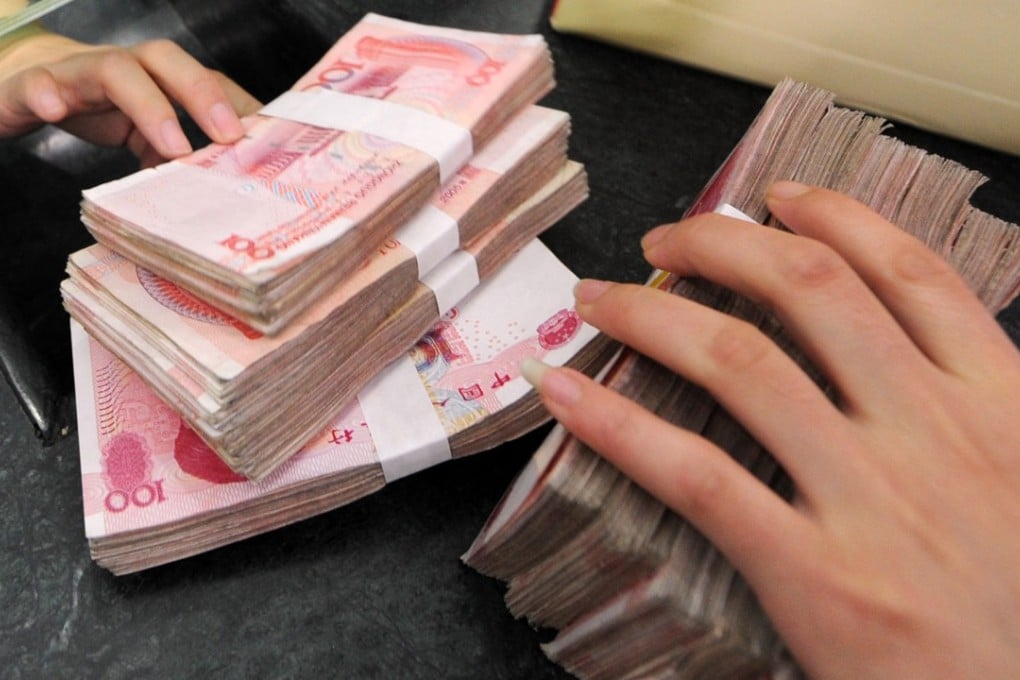China’s central bank cracks down on merchants who refuse to take cash
A branch of the central bank vows to punish vendors who insist on electronic payments

China’s central bank has stepped up action against merchants refusing to accept cash payments, on concerns over financial stability amid a surge in the use of mobile payment systems across the country.
In the latest move, the People’s Bank of China’s branch in Hefei, capital of Anhui province, announced in a statement that any vendor found to have rejected cash would be punished, without elaborating on what kind of penalties offenders would face. It also urged consumers to report to the central bank if their cash payments were rejected.
Merchants that refuse to accept cash payment “have infringed upon the legal status of renminbi and hurt the rights of consumers,” the branch said in the statement, published on Monday.
The central bank had first taken aim at the issue in July, when it said in a public notice that some tourist attractions, restaurants and retailers had been refusing to collect cash and were requiring customers to pay via electronic payment services. At that time it gave merchants a grace period of one month to rectify their actions.
“Cash’s legal status is reiterated by the central bank and it is also part of the efforts to ensure financial stability,” said Ding Haifeng, a consultant with Integrity Financial Consulting. “After all, the central bank is still taking a cautious approach toward cashless payments.”
The Hefei branch of the PBOC could not be reached for comment on Tuesday.